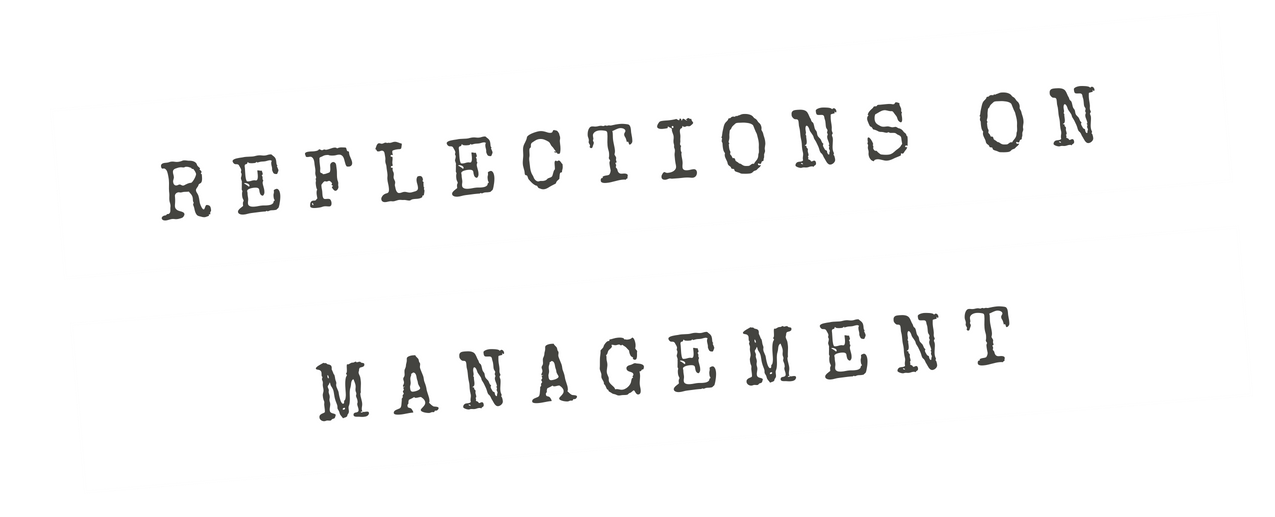As much as we talk about agents of change, we ought to talk about agents of continuity
Season 4, Episode 5 — Click here to download the transcript
We all want to be ‘change agents,’ don’t we? The competitive pressures that many of us feel can cause us to want to make a mark, make a difference, be bold. In contrast, we are warned about the changes going around us – in societies and industries, and technologies- and that not getting on board means we are complacent, falling behind the times, losing our competitive advantage. But there’s a good side to continuity, is there not? Are not reliability and predictability important qualities in organizations?
The problem is, of course, that we conflate continuity and complacency. We think about how the change management literature demonizes resistors to change, and charges them with the virtual crime of being complacent. Complacency is treated as backwardness, obstinacy, and a whole bunch of other things that I shall not include in my website. In this episode, I make a point of separating the two ideas and suggest that there are qualitative differences between continuity and complacency that are worth exploring. I use two case studies, one from personal experience and one of historical significance, to demonstrate that indeed being a “continuity agent” is a good thing, and may even just be a “change agent” of a different sort.
Works Referenced:
Lewis, M. W. (2000). Exploring paradox: Toward a more comprehensive guide. Academy of Management review, 25(4), 760-776.


